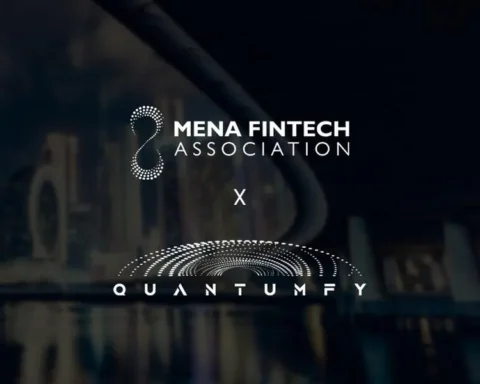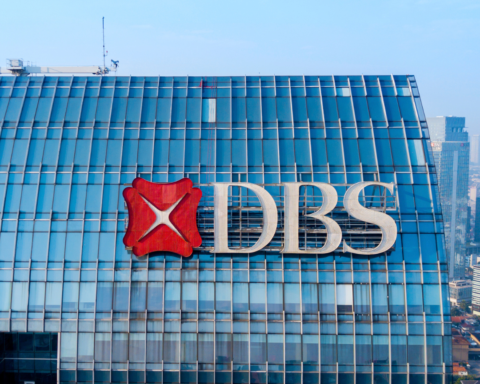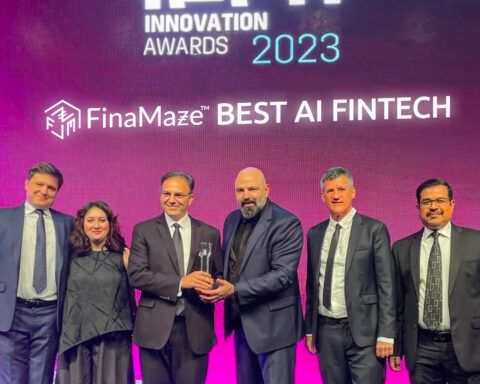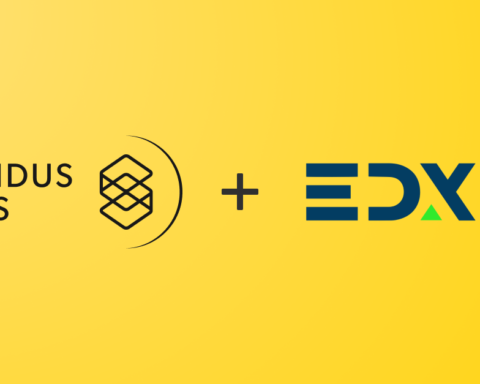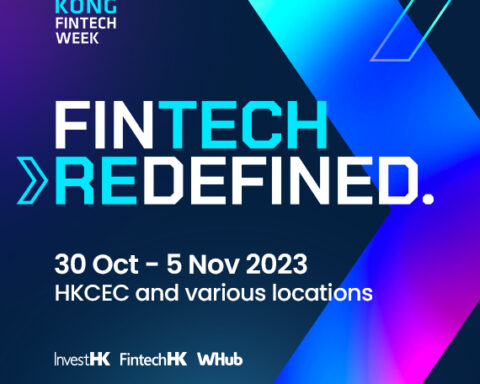What is DeFi?
DeFi simply stands for decentralized Finance which is blockchain (use of Ethereum) based. It brings value to assets we own as compared to the ‘IOU’ system used when we go to the banks. DeFi use is on the peer-to-peer lending market, and the mechanism, powered by blockchain, provides real ownership to users.
Blockchain usage is verifiable and transparent so transaction information such as interest rates can be seen. It offers censorship resistance and governance, so it is a smart option. Blockchain has also revolutionized industries such as finance, advertising and media. This whole package – blockchain in addition to the Ethereum based platform is what DeFi is all about. DeFi is recreating a new finance structure that gives everybody real ownership of their finances, it is verifiable, and offers censorship resistance.
The latest innovation in the DeFi space is related to financial engineering and adapting to it in order to offer more protection to the nature and privacy of transactions.
Why are regulators having a hard time with this dramatic transformation, can there be a middle ground?
The world cannot exist with only one extreme and so, the pendulum swings both ways in DeFi and so there needs to be a balance with regulators.
With regulators, things are always revolving and evolution of technology with history and experience has shown that they are likely to block things before they figure them out. Both users and developers need to understand this so that they can properly engage regulators. The main thing is to focus on user protection and so with DeFi, governments can have insights on important information such as income, taxes and profit.
Crowd Loan
Crowd Loans works with Polkadot, the internet of blockchain that enables diverse transfer messages and allows all networks to share their security. Sharing its security is competitive and project teams bid for slots which are auctioned with a commitment responsibility of two years. This is how crowd loans work for project teams.
What is the algorithmic liquidity market about?
They are fairly common mechanisms for lending points that are not only unique for blockchain. It is a way of handling operations so that they are completely driven by codes or algorithms, for example borrowing a specific asset at a specific rate. It is driven by a code, has a structure and its fees are clear and so, creates a pure relationship between the borrower and the lender.
In the future when policymakers and regulators come to a middle ground with the same understanding in DeFi, how can it improve the average user’s life?
It will provide:
- Better yield
- Better transparency
- Better KYC
- Opportunity to have a range of asset classes
DeFi is a technologically backed evolution, and there is a lot to happen in this decade and the next. It is something to embrace and we should walk hand in hand to figure out what the best paradigm for this technology is, and how regulators can play their roles effectively.
Reporting by Theresa Fianko for Finsight.news.




